August 12, 2025 – A surprising new drug combination, including a compound found in chocolate, was found to be more effective than Tamiflu (oseltamivir) against a range of flu strains, including drug-resistant versions of bird and swine flu.
According to a new study published in PNAS (Proceedings of the National Academy of Sciences), the combination of arainosine, a synthetic compound that interferes with the ability of cells to repair themselves, and theobromine, a stimulant naturally found in cacao plants, proved far more effective against a range of flu strains. This breakthrough could lead to stronger, longer-lasting treatments—not just for the flu, but potentially for other viruses as well.
Common flu treatments like Tamiflu are losing ground as the flu virus adapts. Most drugs used today target a viral protein that mutates frequently, rendering treatments less effective over time.
Professor Isaiah (Shy) Arkin, of the Hebrew University Department of Biological Chemistry at its Alexander Silberman Institute of Life Sciences, developed the novel combination therapy that targets a key weakness in the influenza virus: its ion channel, a microscopic gate the virus uses to replicate and spread. By blocking this gate, the team effectively cut off the virus’s ability to survive.
“We’re not just offering a better flu drug,” said Prof. Arkin. “We’re introducing a new way to target viruses—one that may help us prepare for future pandemics.”
The team discovered the combo by scanning a library of repurposed compounds—many originally developed for other diseases—and testing their effects on both drug-sensitive and drug-resistant versions of the virus.
The research was conducted at Israel’s new Barry Skolnick Biosafety Level 3 facility, against a range of flu viruses. In both cell cultures and animal trials, the treatment dramatically outperformed Oseltamivir, especially against drug-resistant strains.
Influenza continues to sweep the globe each year, with unpredictable mutations that challenge vaccines and existing drugs. The U.S. Centers for Disease Control estimates that seasonal flu costs an estimated $87 billion annually in healthcare and lost productivity. Past pandemics—like the 2009 swine flu—have inflicted even deeper global costs, and the cost of future pandemics was estimated to rise even further, up to $4.4 trillion.
Meanwhile, outbreaks of avian flu have devastated poultry industries and sparked fears of cross-species transmission to humans. Just one recent outbreak in the U.S. led to the loss of 40 million birds and billions in economic damage.
The implications extend beyond influenza. Because many viruses—including coronaviruses and others—also rely on ion channels, this new approach could form the basis of future antiviral strategies.
The next steps include human clinical trials. ViroBlock, a startup company established by Prof. Arkin at Hebrew University, will continue research on these discoveries.
The research paper titled “A Bacteria-Based Search for Drugs Against Avian and Swine Flu Yields a Potent and Resistance-Resilient Channel Blocker” is now available in PNAS and can be accessed here.
Researchers:
Hiya Lahiri1, Eitan Israeli2, Miriam Krugliak1, Kingshuk Basu1, Yelena Britan-Rosich2, Tamar Ravins Yaish3, and Isaiah T.Arkin1,4
Institutions:
- Department of Biological Chemistry, The Alexander Silberman Institute of Life Sciences, The Hebrew University of Jerusalem
- Barry Skolnick Biosafety Level 3 Unit, The Hebrew University of Jerusalem
- Authority For Biological and Biomedical Models, The Hebrew University of Jerusalem



